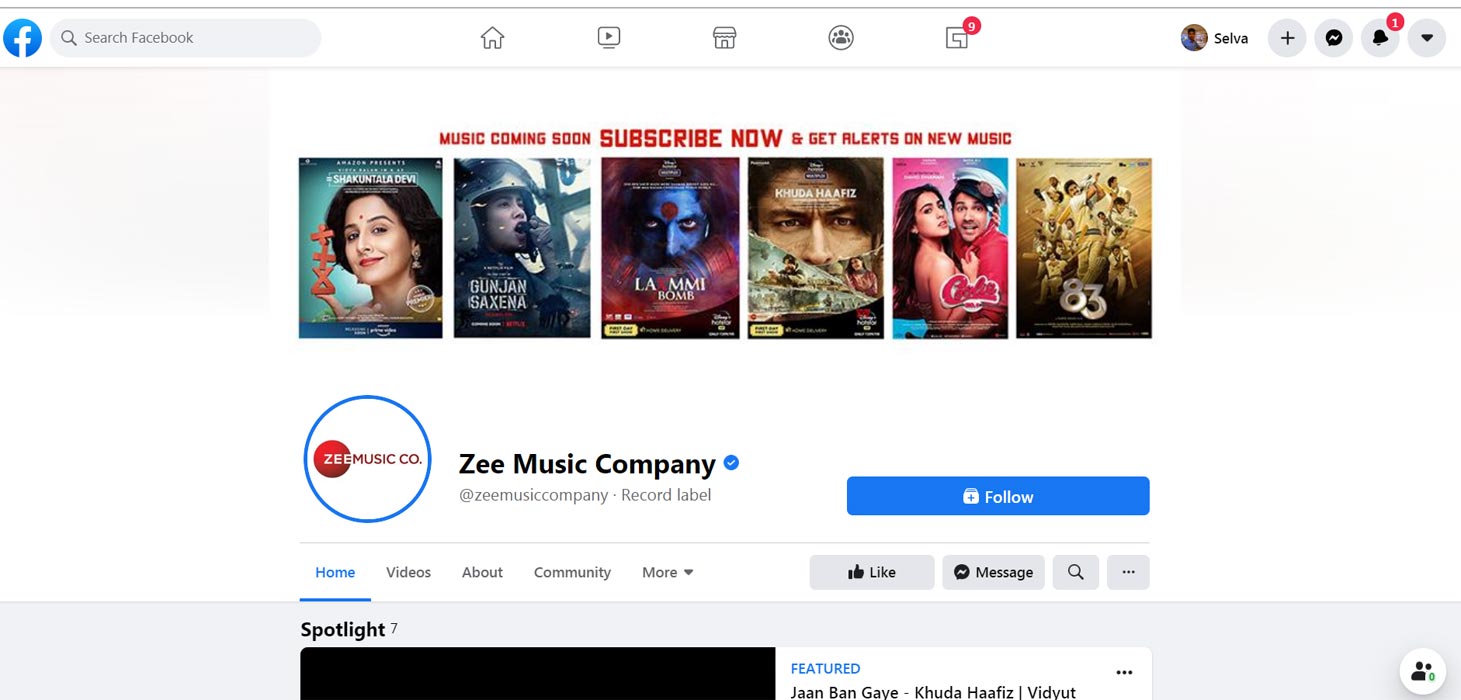

They married an arena rock sound to often mysterious and spiritual lyrics, eventually resulting in seven studio albums, drawing on influences that ranged from the Police to Talking Heads and ELO, the group brought an Anglo-pop sensibility to era-defining songs such as De Música Ligera (which the group recorded in a single take) and Persiana Americana. “Soda Stereo was the result of three people trying to generate something that at that time was hardly represented in Argentina,” Alberti explains from his home in Buenos Aires. I’m so proud of them.’”įromont began working her way through the band’s catalogue, becoming enough of a fan that she signed her name – now along with 29,000 others from 62 countries – to a petition to make Soda Stereo the first Spanish-language group inducted into the Rock & Roll Hall of Fame. “My friend told me something like: ‘You have to listen to this band of my country. In response, she sent a friend in Buenos Aires an emoji with heart eyes. “It immediately moved me somewhere else with a soothing atmosphere, like a mental escape during the awful situation we were all in,” she said.


So, in that aspect, I am easily emotional.”įor Laurie Fromont, a 42-year-old French married mother of two, her exposure to Soda Stereo came during the Covid lockdowns, with the 1992 song En Remolinos. “I am still a person who does not believe what I did. “Very exciting,” is how Alberti, now 60, describes the surge in interest. Bono also declared himself a fan in an email to Alberti a couple of years ago. Those fans include Coldplay’s Chris Martin, who in recent months went so far as to tattoo on one arm the words “gracias totales”, Cerati’s famous words of thanks at Soda Stereo’s farewell concert in 1997. Thanks to a combination of Spotify, where Soda Stereo’s biggest hits have racked up hundreds of millions of streams each, as well as Instagram stan accounts and YouTube reaction channels, their music is also now reaching an international audience of non-Spanish speakers who were never exposed to the group all those years ago. And the story might have ended there, but for an internet-fuelled resurgence that’s added a still-unfolding postscript to the band’s story. They were largely unnoticed by English-speaking audiences at the time – a little ironic given that Soda Stereo were anglophiles and Beatles obsessives – but by the time they broke up in 1997 after more than a decade together, they’d sold upwards of 17m records. “Not only did they come out representing their local community in their lyrics,” Alomar continues, “but the orchestration of the music had exactly the same progressions as all the classic rock’n’roll bands that you heard all over the radio.” This familiarity helped Soda Stereo’s success, but the sheer brio and flamboyance of their craft was the real key: “Every song took you on a musical odyssey!” Soda Stereo were largely unnoticed by English-speaking audiences – ironic given they were anglophiles and Beatles obsessives “ Everybody in the Hispanic market knows about Soda Stereo,” Alomar, now 72, says about a band that packed stadiums and arenas across the continent, sometimes with crowds of more than 100,000: an unheard of level of success for a Latin rock band.īefore 1988 was out, Alomar met Cerati, along with bassist Zeta Bosio and drummer Charly Alberti, and produced Soda Stereo’s fourth album Doble Vida.

To ask it in 2023, on the 40th anniversary of the band’s public debut, is a little like asking an American or Briton if they know who the Beatles are. Today, that’s a question that would draw a puzzled look from just about any Latino. Pensa retrieved a notebook to find a phone number he’d jotted down for a singer, Gustavo Cerati, who’d recently visited the shop, and asked Alomar: “Have you ever heard of a band from Argentina called Soda Stereo?” Instead, he was keen to produce a Latin rock band, and needed pointing in the right direction. On this particular day in 1988, Carlos Alomar – David Bowie’s longtime collaborator – didn’t want a new instrument. R udy Pensa, the Argentine-born owner of New York guitar store Rudy’s Music Stop, was in a back room polishing merchandise when one of his store’s most frequent visitors stopped by.


 0 kommentar(er)
0 kommentar(er)
